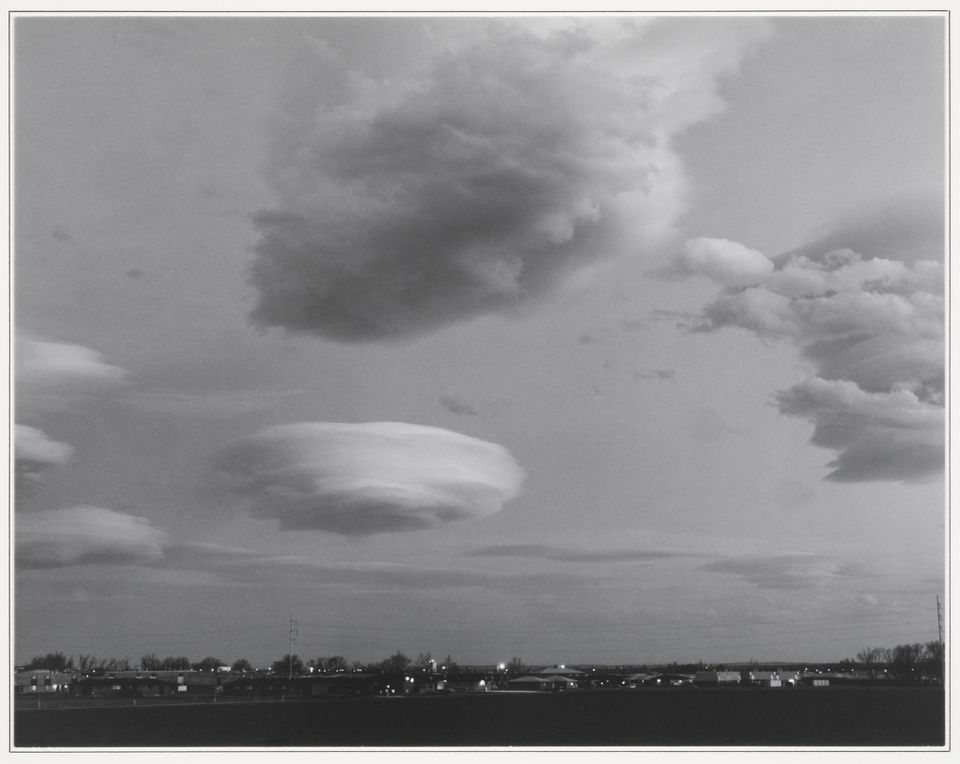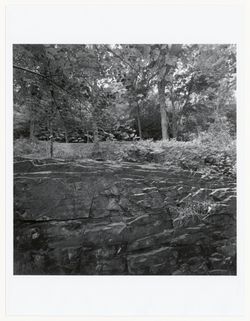To be “in the hurricane” is to live and work with shoreline erosion, droughts, and intense storms—it is to recognize how the contemporary climate crisis transcends all and entangles us collectively in its gyre. We live in a time of collective disorientation that affects marginalized communities, often land-dependent ones more than others.
The CCA-Mellon Multidisciplinary Research Program is currently undertaking a project that prioritizes new and urgent modes of orientation that ask earthbound designers and their allies to ground and value land: lands held by others in care and lands that have been claimed, reclaimed, and not ceded. The program includes research and design projects that are site-specific, climate-dependent, historically attuned, and collaborative. As a collective and all-encompassing state, being “in the hurricane” for grounded, calls for land-caring practices that match the intensity of the storm.
Land-dependent design practices that focus on shaping land through social and ecological relationships hold the potential to create, support, and advocate for lands that ensure our survival in an increasingly divided world. This research program brings together practitioners and researchers working across landscape architecture, architecture, and allied practices who value how land is anchored by community building, situated interventions, and defined by everyday ecological realities. It foregrounds regenerative land practices that cut across disciplinary boundaries between architects and landscape architects to centre ecological conditions such as soil health, geology, botany, and more.
Landscape architecture, architecture, and their allied fields can learn to listen to damaged lands that have been forced to be resilient. Land-dependent design holds the potential to become a shared mode of inquiry, one that can create new collaborative practices addressing ecologies and lands, constructions of landscapes and infrastructures, and architectural works. For practitioners, researchers, and activists in landscape architecture, urban planning, Indigenous studies, postcolonial studies, political ecology, and beyond, to hold land in care is to consider where we stand.
The project runs from October 2024 to July 2025 and involves three workshops with invited experts. Mellon Researchers will contribute to various objectives and outcomes of the research project by producing individual projects in conversation with the group and with the CCA, by contributing to a shared collective project conceived by the group, and by critically engaging with the CCA Collection and library holdings.
This program foregrounds land dependent-design as a mode of collective action that can address the current material manifestations of the climate crisis. The program’s participants will probe and redraw the social and professional boundaries of architecture and landscape architecture to advance a shared method for navigating the aftermaths of un/natural disasters. With historical and theoretical precision, projects will explore how land-based interventions can become a form of public advocacy and activism, either today, in the past, or looking toward the future.

